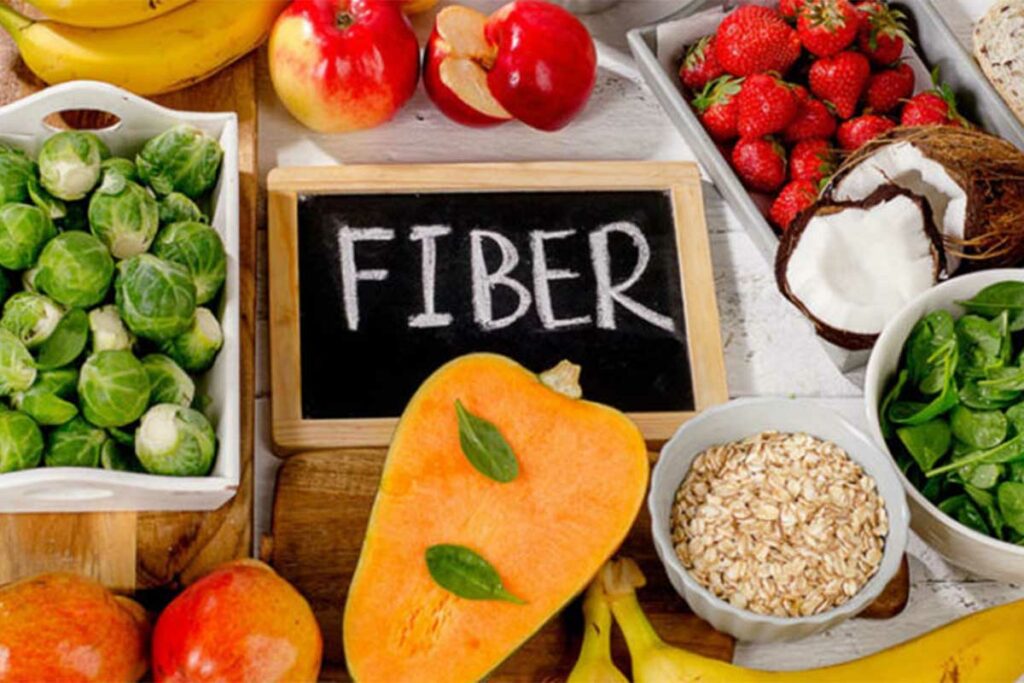
Dietary fiber
What is fiber?
Dietary fiber is a term used for plant carbohydrates that, unlike other carbohydrates (such as sugars and starches), are not digested in the small intestine and reach the large intestine or large intestine.
Soluble and insoluble fiber
You may have heard the terms soluble fiber or insoluble fiber. These words are sometimes used to describe the types of fiber in our diet. Although scientific organizations argue that these terms are no longer appropriate, but you can see these terms, soluble fiber includes pectins and beta-glucans ( in foods such as fruits and barley), insoluble fiber includes Cellulose (etc. in whole grains and nuts). It is important to remember that fiber-rich foods typically contain both types of fiber.
Fiber-rich foods include:
• Whole grain breakfast cereals, whole grain pasta, oatmeal, oats, and rye
• Fruits such as berries, pears, melons, and oranges
• Vegetables such as broccoli, carrots, and sweet corn
• Peas, beans, and legumes
• Nuts and seeds
• Potatoes with skin
How does fiber benefits health?
Fiber helps keep our digestive system healthy and helps prevent constipation. For example, fiber bulks up stools, makes stools softer and easier to pass, and makes waste move through the digestive tract more quickly.
The European Food Safety Authority suggests that including fiber-rich foods in a healthy balanced diet can improve weight maintenance. Dietary fiber can reduce the risk of Cardiovascular disease (heart disease and stroke) and type 2 diabetes. Foods such as oats and barley contain a type of fiber known as beta-glucan, which may help reduce cholesterol levels if you consume 3g or more of it daily, as part of a healthy diet.
Fiber and bowel cancer
We know that dietary fiber may help to protect against bowel cancer. Although the reasons for this are not fully understood, this may be because fiber increases stool size, dilutes content, and moves it faster through the gut. So, the amount of time waste products stay in contact with the bowel is reduced. Some types of fiber may also help gut bacteria produce helpful chemicals that can have beneficial effects on the bowel.
Fiber and good bacteria
Research has increasingly shown how important the bacteria in our gut may be to our health, and it has been suggested that a fiber-rich diet can help increase the good bacteria in the gut. Some fiber types provide a food source for friendly gut bacteria that help to produce substances to be protective such as short-chain fatty acids.
How much fiber do we need?
The recommendation that the population's fiber intake should increase to 30g a day for adults (aged 17 years and over). On average, we consume much less than this - about 18g per day. Children also need to increase their intake of fiber.
To increase your fiber intake:
Choose a high-fiber breakfast cereal such as wholegrain cereal, whole-wheat biscuit cereal, no added sugar muesli, bran flakes, or porridge. Why not add some fresh fruit, dried fruit, seeds, and or nuts.




